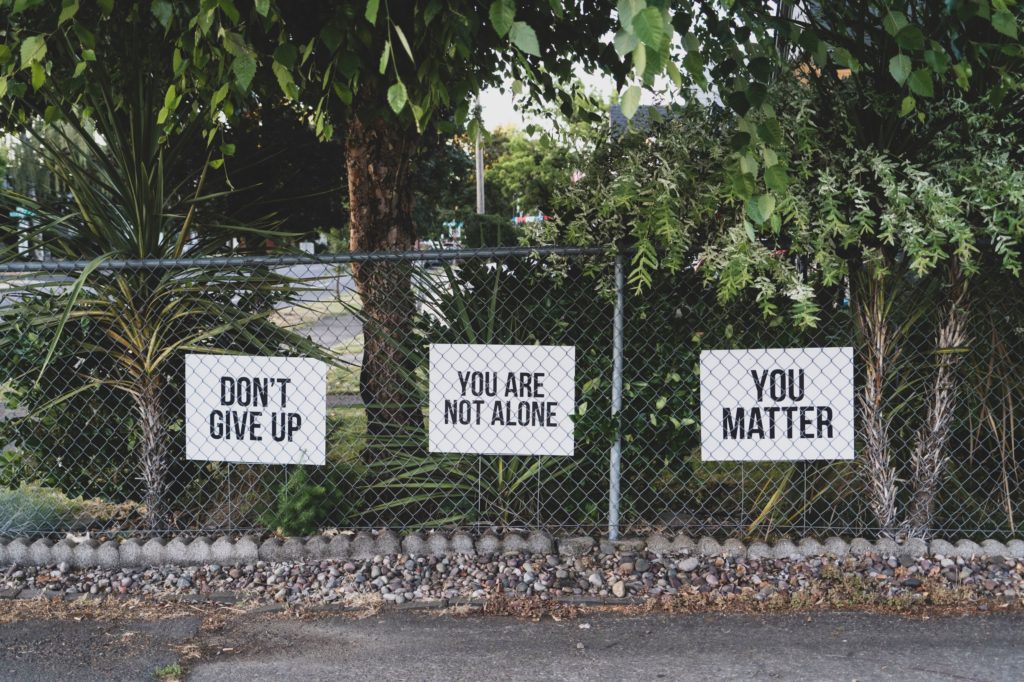I hated that Charlene smoked. I viewed her cigarettes as a personal enemy—a fiendish dictator who stole her freedom and her health. Some of the few harsh words I spoke to her were about her smoking addiction. The only time I refused to help her was when she asked me to buy her a pack of cigarettes. Below is an excerpt from Turtle Heart about that moment.
Charlene trembles in the passengers’ seat, her tiny body a limp rag. “Could you stop at a gas station and buy me a pack of cigarettes? I’ll pay you back.”
Ah, the cigarettes. I forgot about those. No wonder she went crazy there in the hospital room. No wonder her hands were shaking.
“I’m not buying you any cigarettes.”
She puts her hands beneath her legs on the seat, to still the shaking. “Some friend you are.”
I don’t know if my response to Charlene was the right response…I only knew that I hated her smoking. Knowing how to help a friend or family member who has an addiction, whatever that addiction might be, can feel hopeless, overwhelming, and scary. We may fear enabling their addiction and ultimately hurting them at the same time we fear losing their friendship if we push them to quit.
I asked two friends of mine who are smokers how to best support someone with a smoking addiction. Their answers, though directed toward smoking, could apply to any addiction. Here’s what they said:
- Be available. If I’m trying to stop, tell me I can call you day or night. Listen to my frustrations.
- Don’t preach at me. Instead, ask how I am doing.
- Don’t be hypocritical. If you’re continually telling me how smoking harms my health, but you are overweight and can’t stick to a healthy diet, I might not say, “Well you have an addiction, too,” but you better believe I’m thinking it.
- Be honest. If you are concerned about me smoking, say so without nagging or pushing. A true friend shows that they care.

I also spoke with a smoking cessation counselor from the National Cancer Institute, and her insights corroborated those of my friends. “It’s really their decision,” she told me. As much as we want to help our loved ones, we cannot take responsibility for their decisions. Avoid nagging, blaming, criticizing, or sharing unrequested quit smoking information. Here’s what you can do instead:
- Find out if your loved one wants to quit. If not, try to understand why.
- Acknowledge that quitting is hard.
- Express your concern.
- Be encouraging.
- Ask how you can provide support.
Remember that if your friend wants to quit their addiction, they may need more support than you can give them alone. For any addiction, a Google search reveals a multitude of helps, whether that’s a doctor-recommended medication, group therapy, or counseling. Don’t overwhelm your friend with suggestions, but support them in finding the help they need to make the choices they want to make.
Do you have an addiction? Do you have a friend with an addiction? What have you found works best to support your friend or to make you feel supported?
What would you have told Charlene if you were in my shoes?
###
Turtle Heart, the story of my friendship with Charlene, is coming out this spring. If you are already subscribed to my blog, you will hear about launch day details as they develop. If you are not subscribed and want to be, drop me your email address below.
Feature photo by Annie Spratt on Unsplash.

This is good! We can never change someone’s addiction, but we can support any choice they make to change.
In your shoes I might have stopped and bought the cigarettes. I think there is no set way to respond in those kinds of situations.
I would have probably bought the cigarettes even if I didn’t like it… I know my personality and I usually can’t say no even to my own hurt. But I’m proud of you!! Our great grandfather had an addiction and grandma was a good wife for him and didn’t appreciate when the grandchildren threw out what was his even tho it was an addiction. I admire her for that as well!! These things are complicated. And every situation is unique. Thankful for the Holy Spirit!! Xoxoxo
At one level or another we all have demons. It’s easy for each one of us to forget that. A lot easier to sit in judgement. And just as easy not to help.
I like how you put that. Easy to sit in judgement. Just as easy not to help. Maybe acknowledging my own demons is the first step in being able to help someone else.
I’ve said no in that situation, and I’ve also bought the cigarettes–or alcohol, in my case. I’m neither happy nor unhappy with either of those decisions. . .ambivalent, I guess, and mainly just sad.
On my side, I used to have extremely bad OCD (OCD that mostly and blessedly faded away somehow over time, seemingly independent of the many medications and therapies I was trying). I identified much more with addiction than OCD back then, because of the helplessness and complete lack of control I felt. If someone tells me that they have zero control over their smoking or eating or drinking, I can absolutely believe them, because that was exactly my experience. I can’t put into words the frustration of having no control over your own actions. It’s like endlessly struggling inside a cement box with not even a paper’s width of give in any direction. The frustration and the desperation! In hindsight, the main thing that friends did that helped was having fun with me, to give me a break from that feeling: just laughing together, or involving me in something that had nothing to do with my problems. Although sometimes they felt like they were enabling me, then.
When my OCD let up a bit, I was able to start taking more and more responsibility for getting better. But there needed to be that wiggle room first, for a struggle to actually take place!
I do wish people could believe that sometimes people might not actually have a choice. Not that cop-outs or false helplessness or denial or enabling don’t exist, of course–not at all! But can people believe it’s possible? Maybe you have to experience it to believe it. Anyway that’s my 2c!
I really appreciate your response as someone who’s seen the difficulties of both sides: the friend of the addicted and the addicted one. I also really love to hear that just laughing and doing things outside the problem were probably the most helpful thing your friends did for you. That’s super good to know. And I do believe that sometimes people might not have a choice. In some ways, I think Charlene might have been at that point. Her health was already so broken by the time I knew her…she depended on the cigarettes just to make it through a day.
For two years I had the privilege of working at a drug and rehab centre. Fifty men lived on a farm that housed the admin complex where I processed donations for this ministry. Getting to know these men shattered many of my preconceptions about those battling addiction. These were beautiful, broken men. Their stories would make you weep. Each one spent a year on the farm, and those that stuck with the program (not an easy thing to do) often found healing and hope. If you ever bump into someone whose addiction is destroying his or her life, consider mentioning Teen Challenge (not just for teens) as a possibility.
Thank you for that, Holly. I looked up Teen Challenge online, and it does look like a really good program.
Pingback: Introducing a Blog Series on Helping a Friend through Difficult Issues - Lucinda J Kinsinger
I shall be as pleasant as my displeasure allows.
It is not wise to be brought under the power of anything, whether it be sugar, alcohol, tobacco, narcotics, or any such thing.
However; 1 Timothy 4:4-6 both teaches that every creature of God is good, that is, the created things, and that the brethren should be put in remembrance thereof.
It is not an established fact that tobacco is what some say it is, as some very long lived individuals accredit it with their well being and longevity.